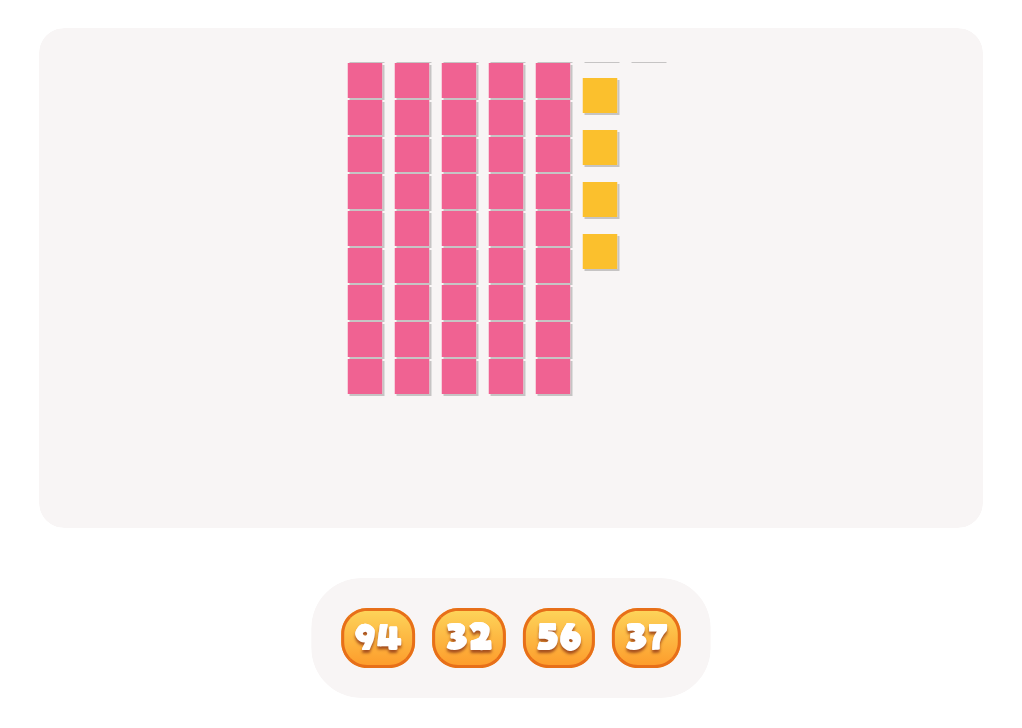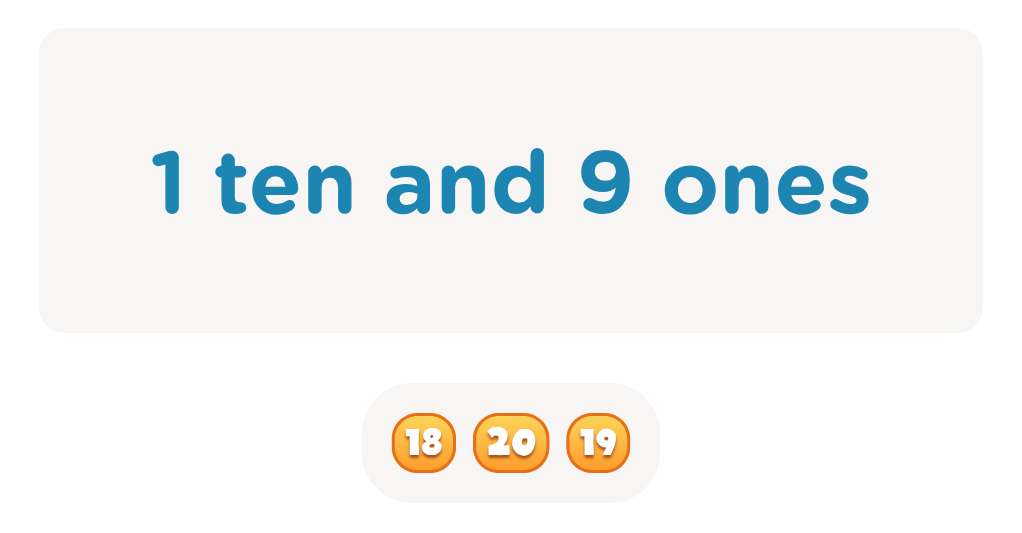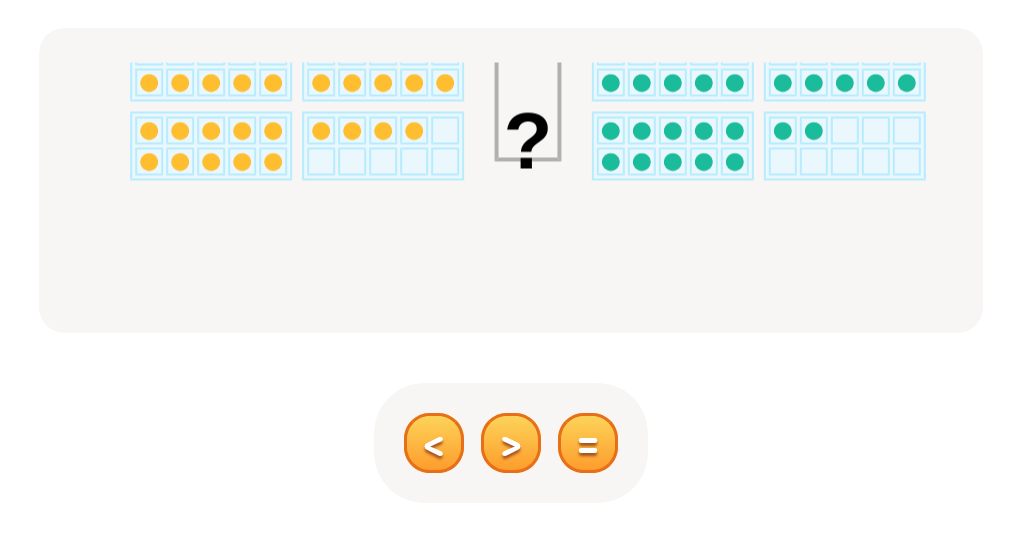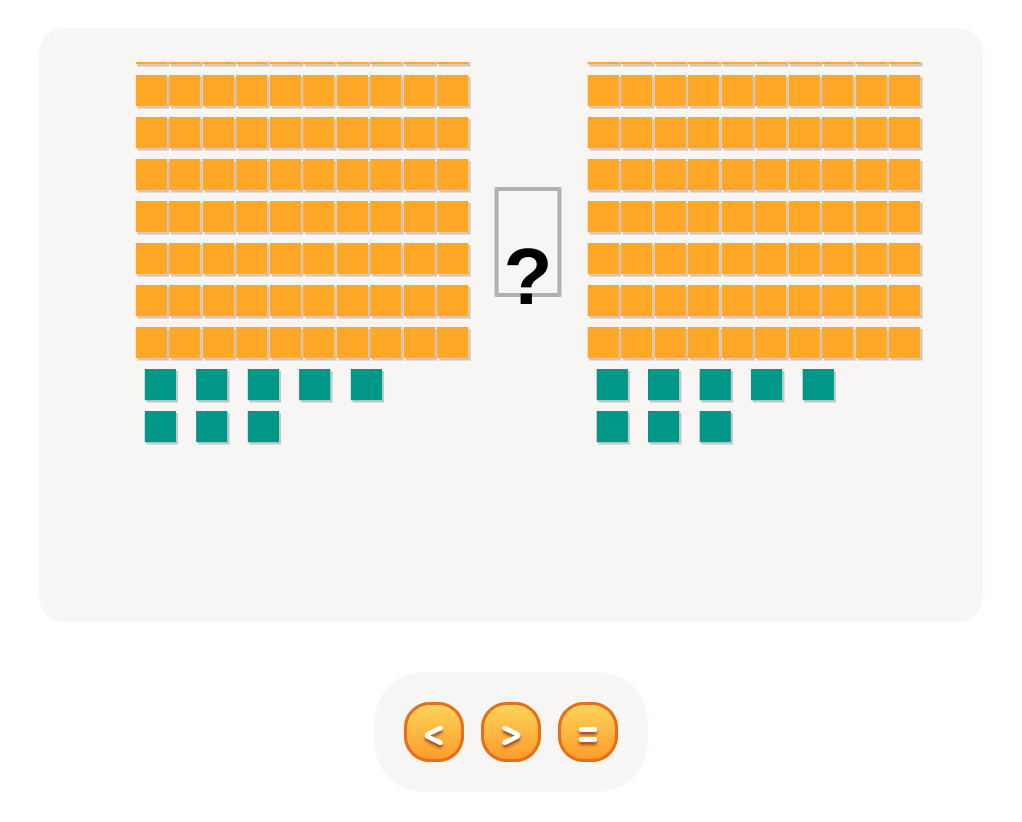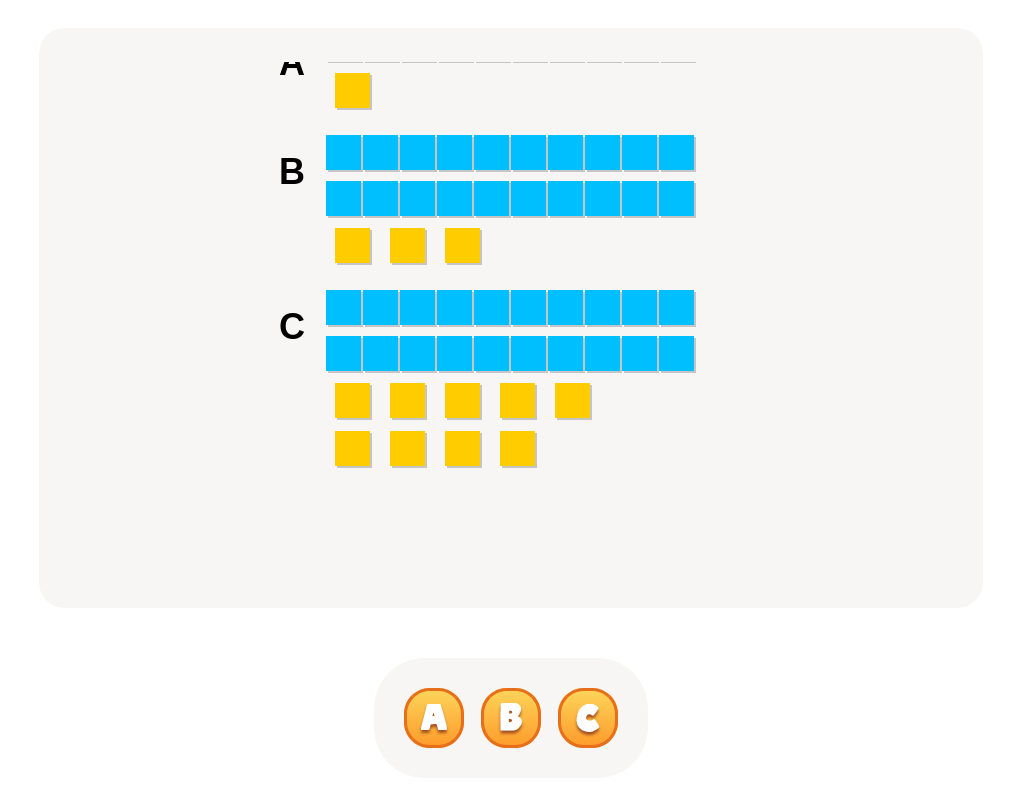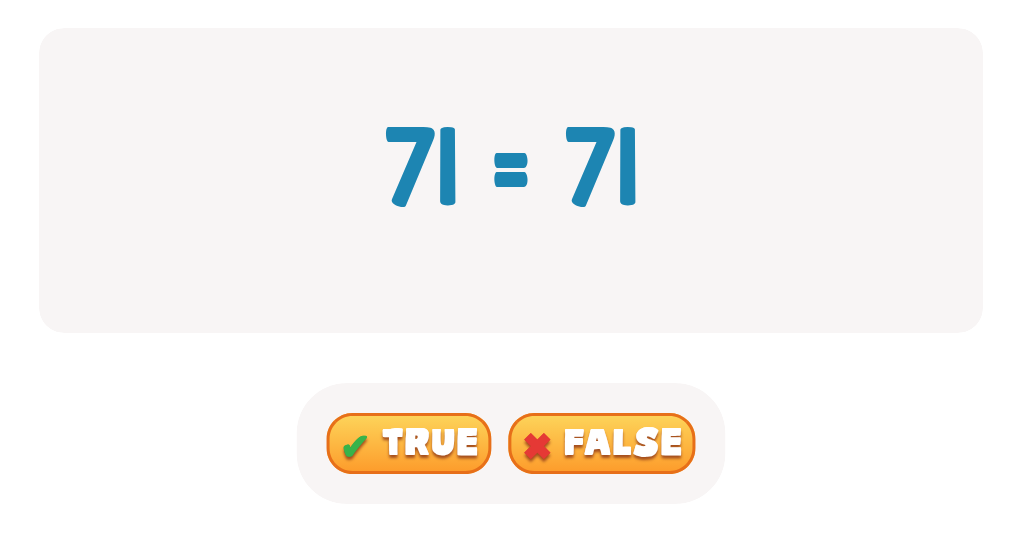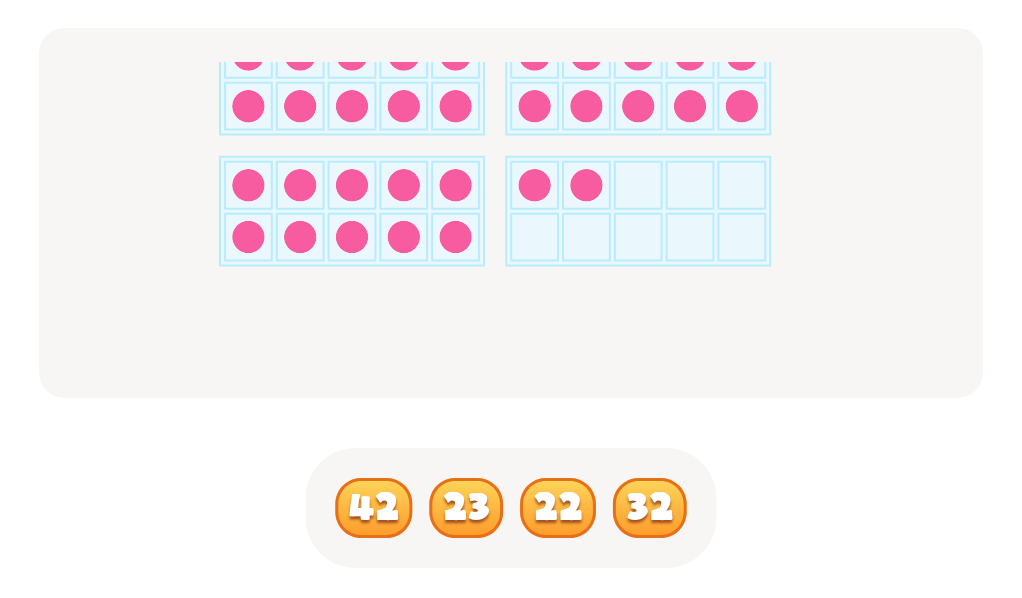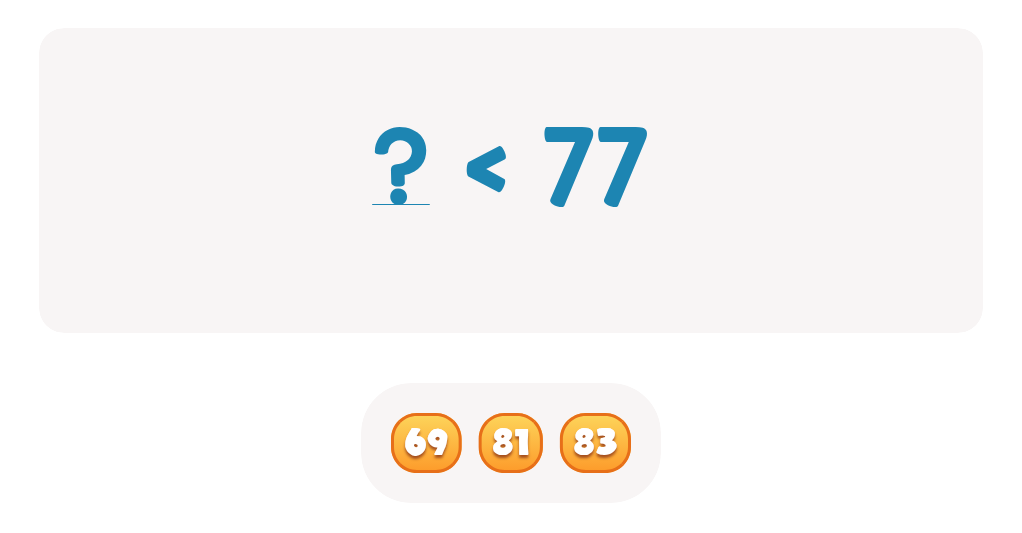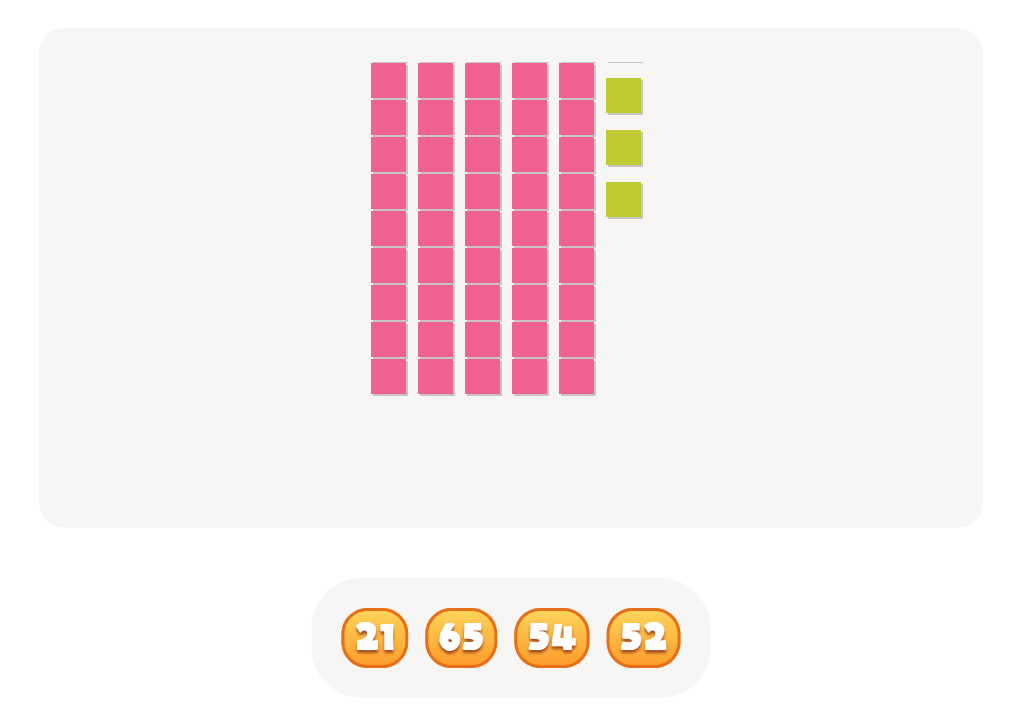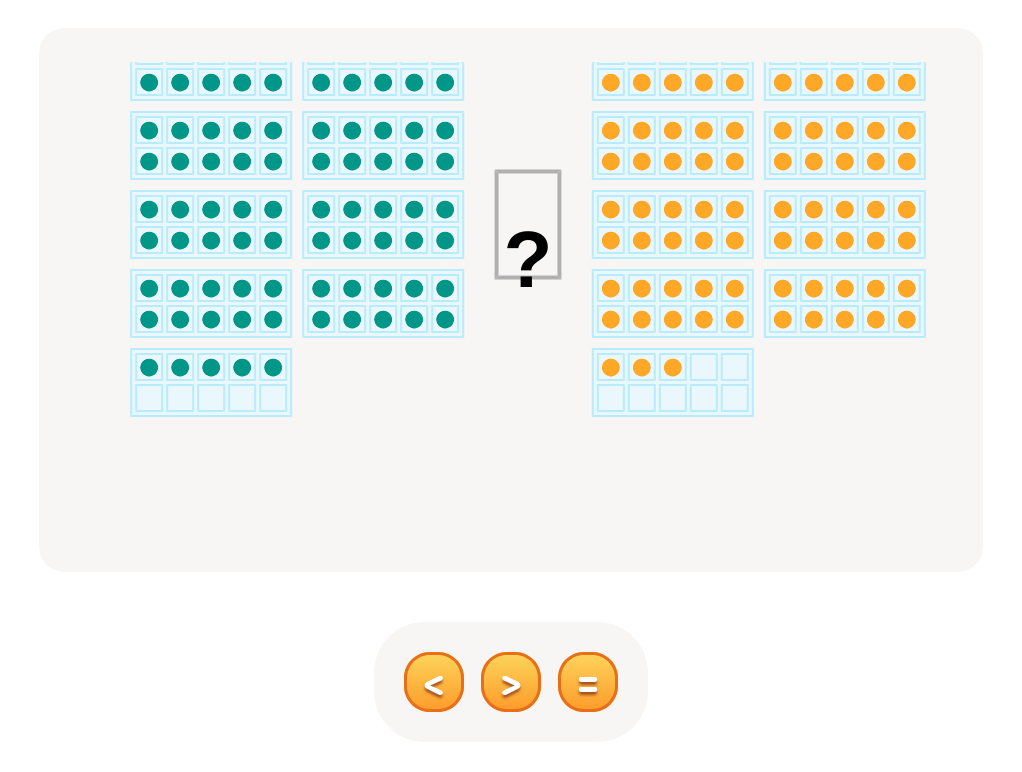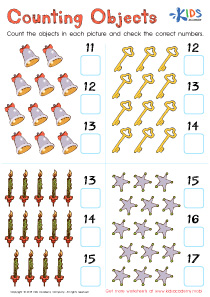Number Recognition Normal Place Value Worksheets for Ages 4-6
5 filtered results
-
From - To
Discover our engaging Number Recognition Normal Place Value Worksheets, specially designed for children aged 4-6! These worksheets aim to enhance foundational math skills, focusing on helping young learners recognize numbers and understand their placement within values. With colorful illustrations and interactive activities, kids will enjoy practicing number identification and place value in a fun, stress-free environment. These worksheets support early childhood education, making it easy for parents and educators to keep track of progress and reinforce essential math concepts. Explore our collection today and watch your child's confidence in number recognition soar!
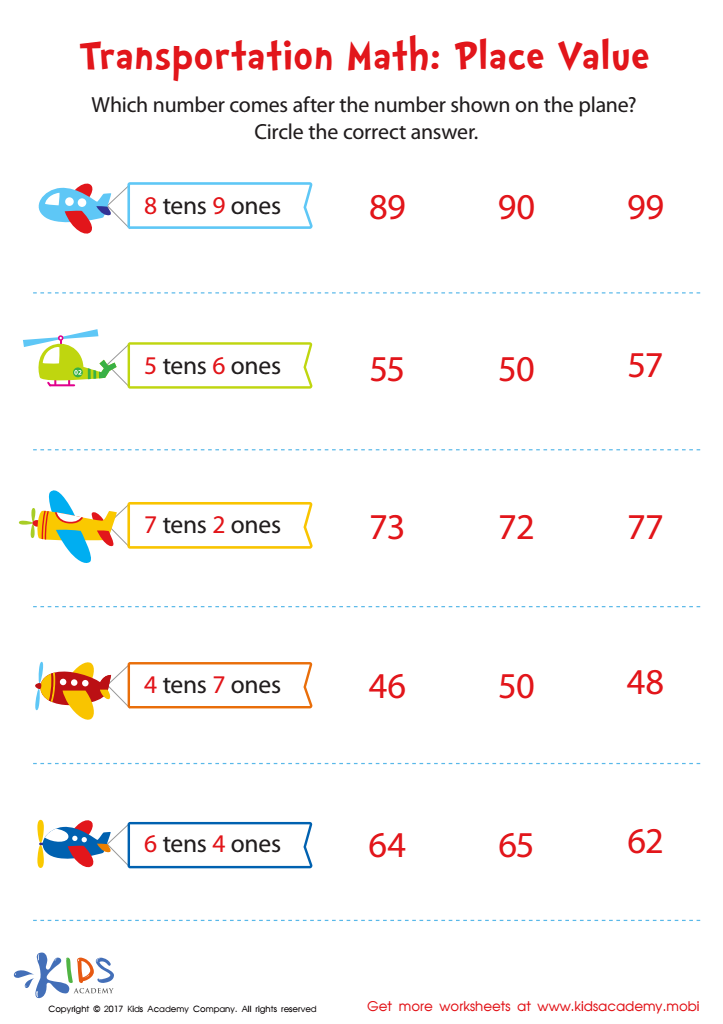

Transportation Math Printable
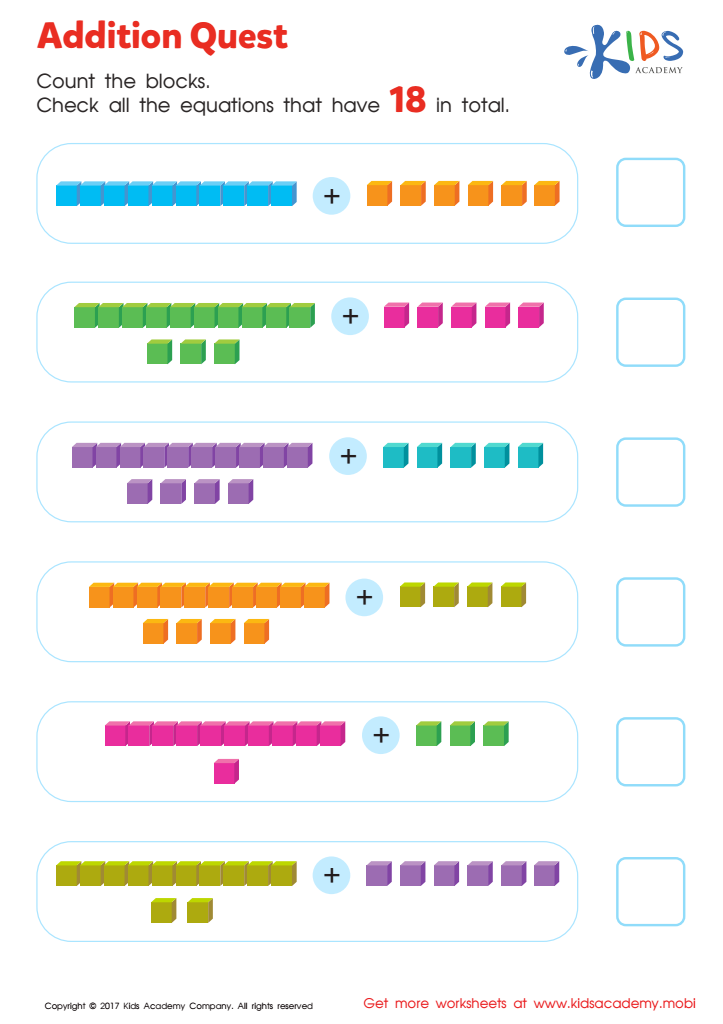

Addition Quest Worksheet: Part 2
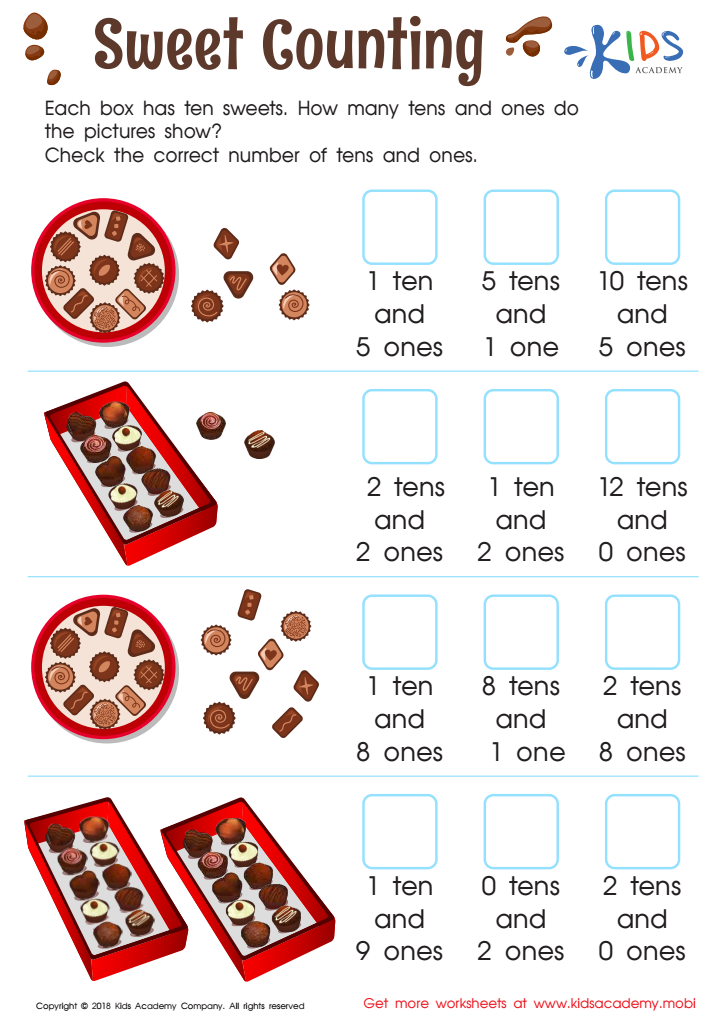

Sweet Counting - Part 2 Worksheet
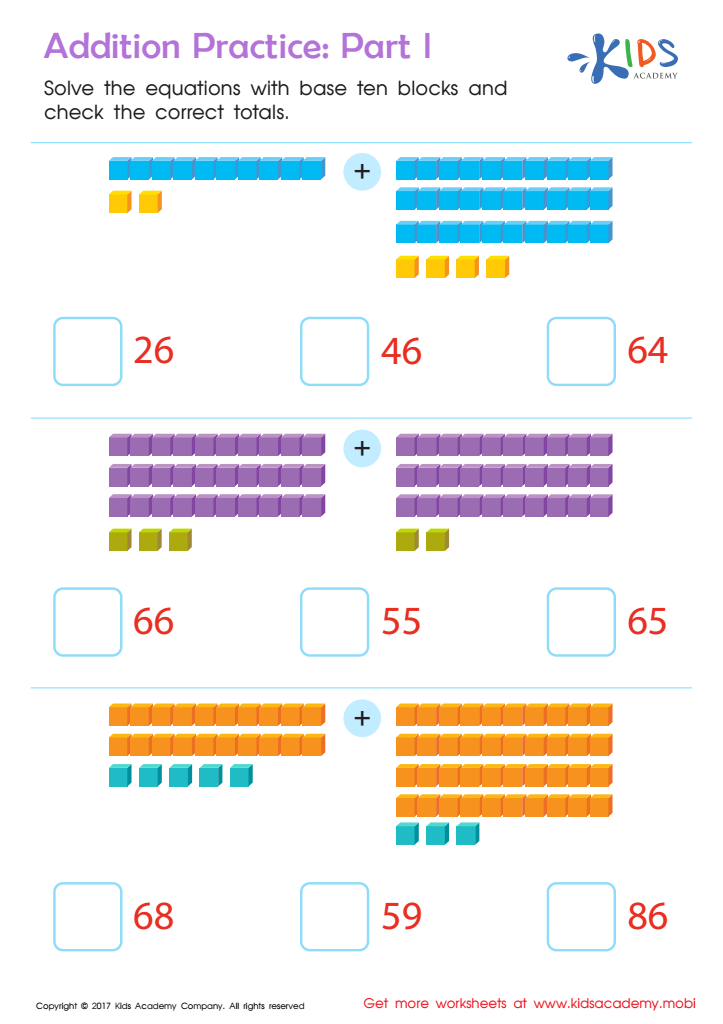

Addition Practice Sheet: Part 1
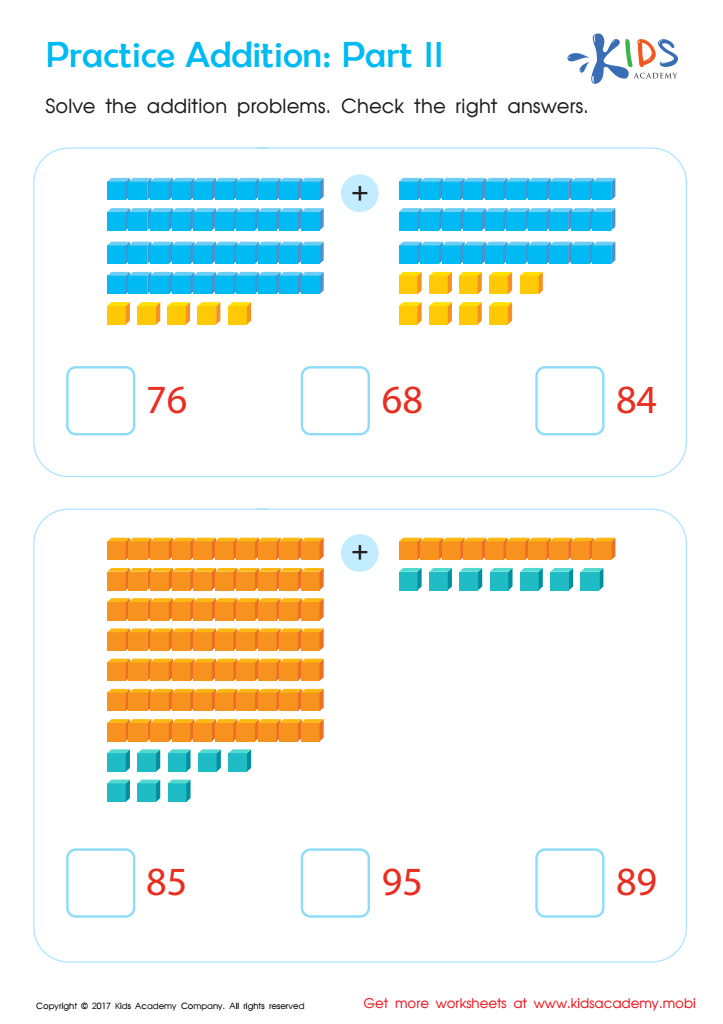

Practice Addition: Part 2 Worksheet
Number recognition and understanding place value are foundational skills in early mathematics that significantly impact a child's academic journey. For parents and teachers, fostering these skills in children aged 4-6 is crucial for several reasons.
Firstly, number recognition enables children to identify and understand numbers in their everyday environment, promoting cognitive development. It helps them engage with various tasks, such as counting toys, recognizing prices in stores, or identifying numbers in books, all of which are essential for developing their mathematical curiosity.
Secondly, a strong grasp of place value—understanding that the position of a digit affects its value—forms the basis for more complex mathematics in later years. This concept aids children in developing their skills in addition, subtraction, and ultimately, arithmetic operations. By grasping place value, they learn to break numbers into parts, making calculations easier and more intuitive.
Moreover, early math skills lay the foundation for critical thinking and problem-solving abilities. Parents and teachers who prioritize number recognition and place value equip children with essential tools for success not only in math but across subjects. By nurturing these skills from a young age, they foster a positive attitude toward mathematics and build confidence that can last a lifetime.
 Assign to My Students
Assign to My Students
